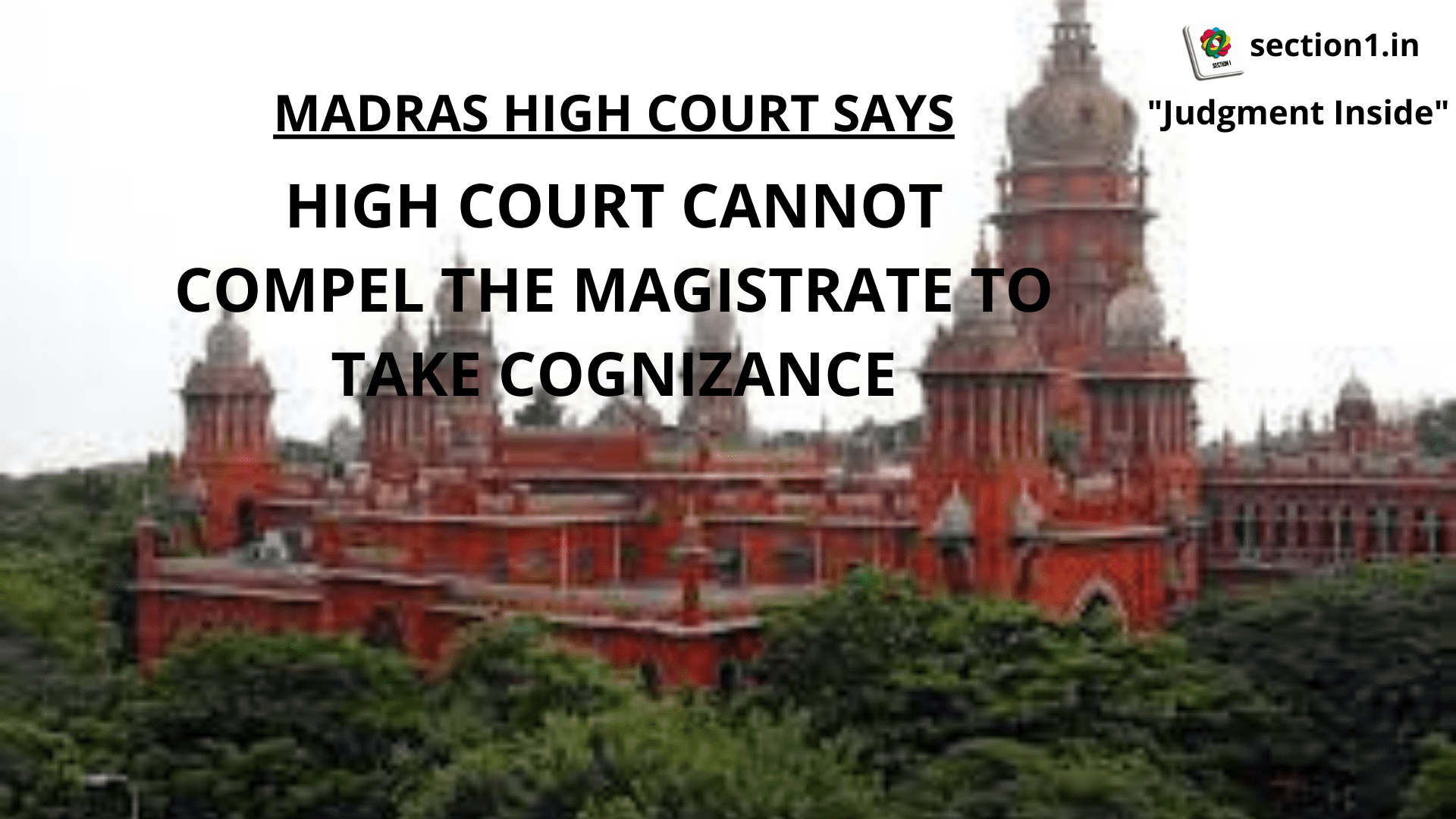ANALYSIS, REASONING AND CONCLUSION
10. Having given the matter our anxious and thoughtful consideration, though the appellant may have a point that, stricto sensu, in a petition under Section 439 of the Code, the concerned Court ought not to travel beyond considering the specific issue viz. whether to grant bail or reject bail to an accused in custody, it cannot be lost sight of that the Court concerned herein was not a ‘Court of Session’ but the High Court for the State of Madhya Pradesh, established under Article 214 of the Constitution of India (hereinafter referred to as the “Constitution”).
xxx
HIGH COURT HAS POWERS TO TRAVEL BEYOND THE SCOPE OF BAIL
12. A little digression is necessitated. The High Court is a Constitutional Court, possessing a wide repertoire of powers. The High Court has original, appellate and suo motu powers under Articles 226 and 227 of the Constitution. The powers under Articles 226 and 227 of the Constitution are meant for taking care of situations where the High Court feels that some direction(s)/order(s) are required in the interest of justice. Recently, in B S Hari Commandant v Union of India, 2023 SCC OnLine SC 413, the present coram had the occasion to hold as under:
“50. Article 226 of the Constitution is a succour to remedy injustice, and any limit on exercise of such power, is only self-imposed. Gainful refer- ence can be made to, amongst others, A V Venkateswaran v. Ramchand Sobhraj Wadhwani, (1962) 1 SCR 573 and U.P. State Sugar Corporation Ltd. v. Kamal Swaroop Tandon, (2008) 2 SCC 41. The High Courts, under the Constitutional scheme, are endowed with the ability to issue prerogative writs to safeguard rights of citizens. For exactly this reason, this Court has never laid down any strait-jacket principles that can be said to have “cribbed, cabined and confined” [to borrow the term employed by the Hon. Bhagwati, J. (as he then was) in E P Royappa v. State of Tamil Nadu, (1974) 4 SCC 3 : AIR 1974 SC 555] the extraordinary powers vested under Articles 226 or 227 of the Constitution. Adjudged on the anvil of Nawab Shaqafath Ali Khan (supra), this was a fit case for the High Court to have examined the matter threadbare, more so, when it did not involve navigating a factual minefield.” (emphasis supplied).
13. Returning to the present case, though usually the proper course of action of the High Court ought to have been to confine itself to the acceptance/rejection of the prayer for bail made by the accused under Section 439 of the Code; however the High Court, being satisfied that there were, in its opinion, grave lapses on the part of the police/investigative machinery, which may have fatal consequences on the justice delivery system, could not have simply shut its eyes.
14. We are of the view that the learned Single Bench could have directed institution of separate proceedings taking recourse to Article 226 of the Constitution, after formulating reasons and points for consideration. Thereafter, the matter should have been referred to the learned Chief Justice of the High Court for placing it before an appropriate Bench, which would proceed in accordance with law, of course, after affording adequate opportunity to the person(s) proceeded against.
XXX
21. A combined reading of the afore-extracted snippets makes it crystal clear that the Superintendent of Police, Katni, who was the officer superior to the appellant, himself had stated that he would take action against the appellant and was initiating enquiry for imposition of major penalty, which statement was a suo 15 motu act and not upon or flowing from any direction of the Court. Therefore, there was no occasion for the High Court to further observe for action against the appellant to be taken, as already, the Superintendent of Police, Katni had taken a decision to initiate enquiry against the appellant for imposition of major penalty.
XXX
24. While respectfully reiterating the above, drawing an analogy therefrom, as the lapses are grave, and additionally, but importantly, the factum that the authority viz. the Superintendent of Police, Katni, itself realised lapses had crept into the investigation, and decided to initiate proceedings against the appellant (and others), the operative portion of the judgment impugned by the High Court, becomes, merely reiterative, perhaps in more direct terms, of what had been stated before it. As such, purely, in the extant facts and circumstances, the Impugned Judgment does not warrant any interference by this Court. We propose no order as to costs.
25. In sum, on an overall circumspection, and in view of the discussion in the preceding paragraphs, the instant appeal deserves to be, and is, dismissed, with the caveat that the High Court’s observations are not to be treated as findings against the appellant.
PARTY: SANJAY DUBEY vs. THE STATE OF MADHYA PRADESH AND ANOTHER – CRIMINAL APPEAL No.1466 OF 2023 [ @ SPECIAL LEAVE PETITION (CRL.) NO.11377 OF 2022] – MAY 11, 2023.
https://main.sci.gov.in/supremecourt/2022/35059/35059_2022_3_1502_44365_Judgement_11-May-2023.pdf




